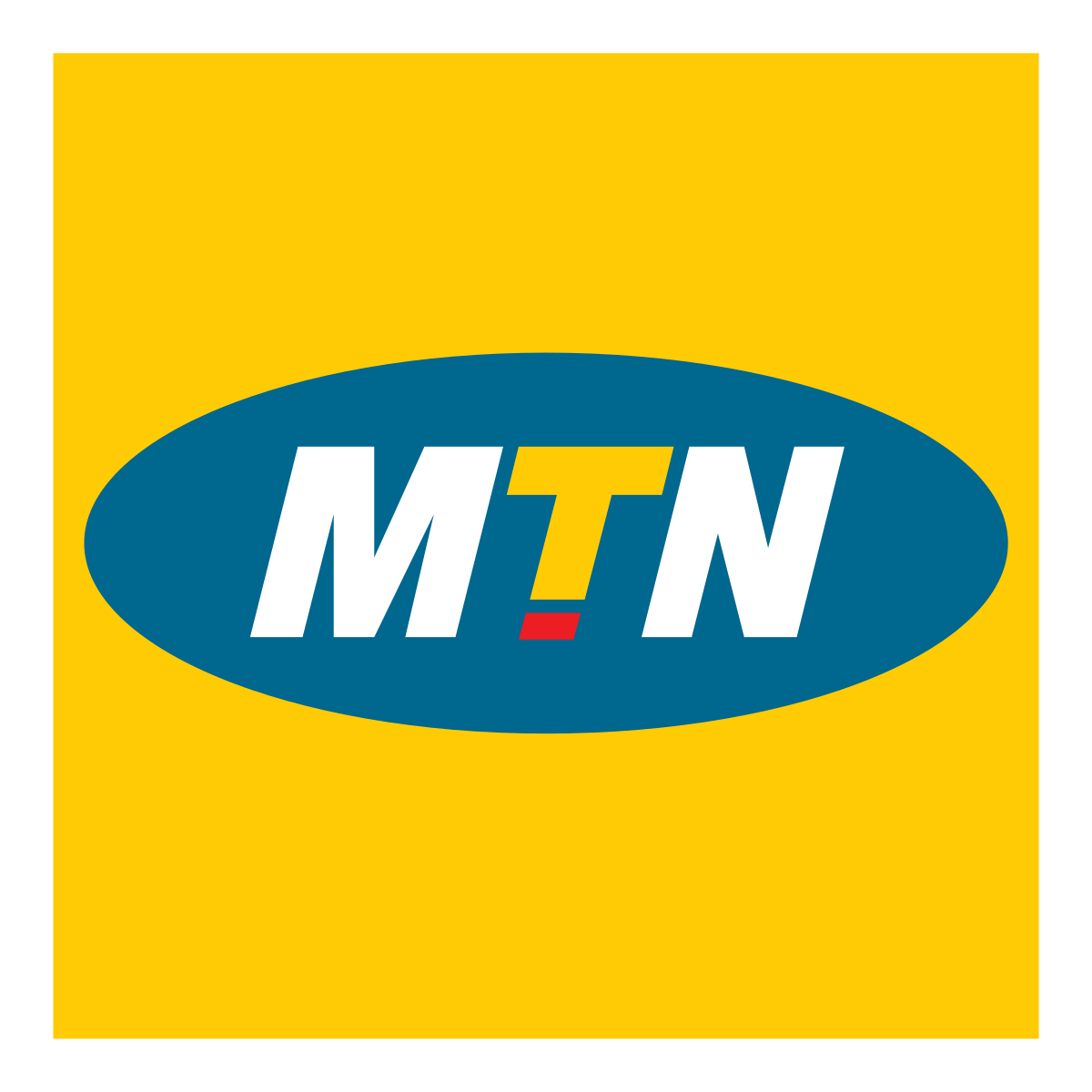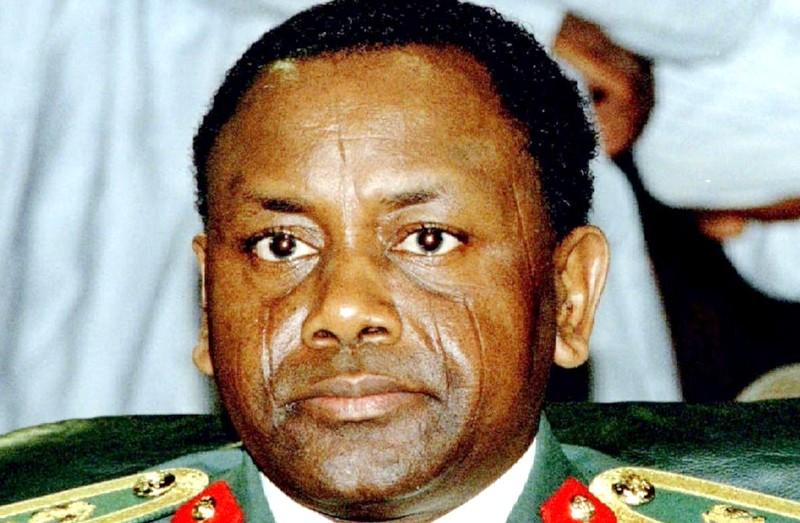News
MTN Disconnects 4.2 Million Lines Not Linked To NIN

Many Subscribers to the MTN network in Nigeria are now stranded as the telecommunications giant disconnected their lines over failure to link their National Identity Numbers to their Subscriber Identification Module cards.
This is coming after several warnings by the Nigerian Communications Commission and the telecoms company that subscribers must link their lines to their NINs.
On Friday, MTN Nigeria reported that over 4.2 million lines were disconnected from its network after the February 28 deadline given by the NCC.
The firm disclosed this in its Earning Report for the year ended December 31, 2023.
It also noted that 19 million lines on its network were currently being verified, adding that 4.3 million had been verified as of February.
READ ALSO: Tinubu Appoints Four Professionals To Head TCN [See list]
MTN noted, “We also had approximately 4.2 million lines disconnected for which the subscribers did not submit their NIN. Several of these lines were low-value subscribers, minimising the revenue impact.
“We are actively engaging the authorities to accelerate the NIN verification process. We have also increased our engagement with the affected customers, providing various channels for verification to minimise service disruption.”
The disconnected lines are part of an industry-wide directive requiring telecom operators to bar subscribers whose lines have not been linked to their NIN.
The NCC had in December 2023 issued a directive to MTN, Airtel, Globacom, and 9Mobile to fully bar phone lines not linked to subscribers’ NINs by February 28, 2024.
Those who had submitted their NINs but were not verified were also subject to barring.
READ ALSO: JUST IN: FG Slams Binance With $10 Billion Fine
For lines with submitted but unverified NINs, the directive mandated barring on or before March 29, 2024, for five or more linked lines.
For less than five linked lines, our correspondent learnt that barring would occur on or before April 15, 2024.
The NCC emphasised the need for biometric and biodata verification before unblocking the affected lines.
Industry sources noted that about 12 million lines across the networks might have been disconnected after the February 28 deadline.
Lamenting the disconnection, a stay-at-home mother in Rivers State, Mrs Comfort Pepple, said she was shocked when she tried to make a call on Thursday but could not as her MTN line had been barred.
She said, “The network on my phone is not even working. I am speaking to you now with my daughter’s phone. I am not even sure anybody can call me.
READ ALSO: How To Link Your NIN, BVN To Your Bank Account
“I tried several times to link this SIM to my NIN, but it kept bouncing back, saying I needed to revalidate my NIN. I don’t have the time to go and queue. I am old.”
A resident of the Qua’an Pan Local Government Area of Plateau State, Mama Nampar, lamented her plight to our correspondent using a neighbour’s phone.
The neighbour had shared a video on his WhatsApp status, asking for ways people who had been barred could get their lines back.
“I don’t know what to do. I am expecting some calls that will give me money. I don’t even have a NIN. I am too old to be queuing from place to place. In Qua’an Pan, it is not even free. Some vendors here ask us to pay and I cannot afford it,” she lamented.
She begged the government to extend the deadline to accommodate people like her.
Meanwhile, MTN emphasised its commitment to engaging the authorities to expedite the NIN verification process.
According to the firm, efforts have been intensified to communicate with affected customers, providing various channels for verification to minimise service disruption.
MTN Nigeria’s CEO, Karl Toriola, commenting on the company’s performance in 2023, highlighted the sustained growth in the user base, with over four million subscribers added during the year, bringing the total base to 79.7 million. Data subscribers also increased by over five million to 44.6 million, contributing to a 44.9 per cent growth in total data traffic.
Toriola attributed the robust commercial momentum to the company’s strategic investments in network quality and coverage, adding that the acquisition of the 2600MHz spectrum in September 2023 played a crucial role in efficiently deploying additional capacity to the network.
PUNCH
News
PAP Sends Additional 34 Foreign Post-graduate Scholarship Beneficiaries To UK Varsities

The Presidential Amnesty Programme (PAP) has deployed an additional 34 foreign post-graduate scholarship beneficiaries to various universities in the United Kingdom for the 2025-2026 academic year.
This was contained in a statement made available to newsmen in Warri by Mr Igoniko Oduma, Special Assistant on Media to Dr. Dennis Otuaro, the Administrator, PAP.
According to the statement, the scholars’ programmes include data science, fintech analytics, cyber security, international energy law and policy, construction project management, public health, agri-food technology, electrical and petroleum engineering, among others.
The statement added that more foreign post-graduate scholars will be sent to UK universities in the current academic session.
“In December 2025, nine students, who were the first set of offshore post-graduate scholarship developments by the PAP Administrator, Dr Dennis Otuaro, for the 2024-2025 academic year, graduated from their various programmes in UK universities.
READ ALSO:PAP Scholarship Scheme Vehicle For Better Future For Niger Delta —Otuaro
“Otuaro has deployed over 9000 students to universities within and outside Nigeria for different industry-relevant programmes since he assumed office in March 2024,” the statement partly reads.
Speaking at the pre-departure orientation programme for the scholars at the PAP headquarters in Abuja, on Thursday, Otuaro said that the large-scale deployment was aimed at making the Niger Delta a knowledge-driven region.
He said that his leadership reinvigorated the programme to give it a new momentum in service delivery to the people of the region based on the mandate of President Bola Tinubu.
Otuaro said, “We are sending all of you for post-graduate studies in various universities in the United Kingdom.
“The PAP now has a new momentum and direction because of the repositioning and broad reforms that we carried out in line with the mandate of His Excellency, President Bola Ahmed Tinubu GCFR.
READ ALSO:Otuaro Tasks Media On Objective Reportage
“The objective behind the huge scholarships deployment is to ensure that we develop the needed human capital to transform the Niger Delta and generate knowledge-wealth.
“We want to develop relevant manpower in critical disciplines for our region and by extension, the country, because you are expected to contribute your quota to national development after successful graduation.”
The PAP boss, who was represented at the event by his Technical Assistant, Mr Edgar Biu, advised the scholars to study hard to achieve academic excellence in their various fields of research.
According to him, the scholars have an obligation to justify the Federal Government’s investment in their education and future.
READ ALSO:I’m Not Distracted By Anti-Niger Delta Elements, Says PAP Boss, Otuaro
He reiterated his warning that beneficiaries should not take for granted the opportunity to further their academic pursuits in the interest of the Niger Delta and indeed the country.
Otuaro expressed appreciation to President Tinubu for his “enormous interest and support for the Programme”, particularly the approval of an upward review of the programme’s budget from N65billion to N150billion.
He also expressed gratitude to the National Security Adviser, Mallam Nuhu Ribadu, for his impeccable guidance and supervision of the programme’s initiatives.
Otuaro, therefore, cautioned the scholars to obey their host country’s laws and the rules and regulations of their various institutions, stressing that they are ambassadors of Nigeria, the Niger Delta and their communities and families.
Highpoint of the orientation programme was the presentation of laptops to the scholars to help them in their studies.
News
Industrial Court Bars Resident Doctors From Strike

The National Industrial Court in Abuja has issued an interim injunction restraining the Nigerian Association of Resident Doctors (NARD) and its agents from embarking on any form of industrial action, including strikes, go-slows, picketing, or preparatory steps for protest, from Monday, January 12, 2026.
Justice E.D. Subilim ordered that the injunction remain in force pending the hearing of the motion on January 21. The suit was filed by the Attorney General of the Federation (AGF) and the Federal Government against NARD, its president, Dr Mohammad Suleiman, and Dr Shuaibu Ibrahim.
The court order comes days after resident doctors at the Usmanu Danfodiyo University Teaching Hospital (UDUTH), Sokoto, declared their full support for the nationwide strike announced by NARD over the government’s alleged failure to honour critical welfare and training agreements.
UDUTH doctors cited the non-reinstatement of five disengaged resident doctors at the Federal Teaching Hospital, Lokoja, unpaid promotion and salary arrears, and incomplete implementation of the Professional Allowance Table as key grievances. Other unresolved issues include withheld specialist allowances, delayed house officers’ salaries, postgraduate training certification delays, and deteriorating hospital infrastructure.
READ ALSO:Resident Doctors Suspend Strike, Issue Fresh Four-week Ultimatum
However, NARD had on Tuesday noted that there was no going back on the industrial action, insisting that the strike is necessary and not politically motivated. Speaking in Abuja, Dr Suleiman said the withdrawal of services from midnight on Monday is a response to “unmet commitments, shifting government positions and worsening working conditions for resident doctors, not partisan considerations.”
He argued that none of the demands outlined in the Memorandum of Understanding signed with the Federal Government on November 27, 2025, have been implemented.
“Every issue is either at the same point where it was when we signed the MoU or we have even gone backwards,” Dr Suleiman said, adding that claims by the Ministry of Health that some issues had been resolved were misleading.
He further challenged the government to show where N90 billion, allegedly allocated in the 2026 budget for health workers’ professional allowances, has been provided.
READ ALSO:Doctors’ Strike Continues As NARD Demands Fair Deal, Better Pay
The association also demanded the immediate reinstatement of the five disengaged resident doctors at FTH Lokoja with full back pay and rejected plans to redeploy them elsewhere.
Other grievances include delayed promotion arrears across 62 tertiary institutions, non-recognition of specialist certificates, and outstanding salary and allowance payments affecting nearly 40 percent of resident doctors.
While NARD remains open to dialogue and has appealed to President Bola Ahmed Tinubu for decisive intervention, it warned that unless concrete action is taken, the planned industrial action will go ahead, potentially disrupting healthcare services nationwide. Dr Mujitaba Umar, President of the UDUTH chapter, described the situation as “difficult but unavoidable,” while the chapter’s General Secretary, Dr Muhammad Abdulrahman Hassan, urged the Federal Government to act swiftly “in the interest of the Nigerian populace and the healthcare system.”
News
Nigeria To Get Fresh $9.5m Abacha Loot From UK’s Jersey

Nigeria to receive fresh $9.5 million (£7 million), believed to be stolen funds linked to former military Head of State, Sani Abacha, from the United Kingdom’s Jersey.
According to the BBC, Jersey has agreed to repatriate the fund to the Nigerian government.
The money, described as proceeds of “tainted property,” is said to be part of the vast fortune stolen by Abacha, who ruled Nigeria between 1993 and 1998.
READ ALSO:How I Transited From Abacha’s Friend To prisoner — Lamido
The funds were kept in a bank account in Jersey and had been tied up in legal proceedings for several years.
Although the assets were first recovered during the administration of former President Goodluck Jonathan, court challenges stalled their return to Nigeria. Progress was made in December 2025 when Jersey’s Attorney-General, Mark Temple, signed a memorandum of understanding, MoU, with Nigerian authorities to enable the repatriation.
The latest agreement builds on two earlier arrangements between Jersey and Nigeria that led to the return of more than $300 million (£230m) in recovered assets.

 News3 days ago
News3 days agoHow To Calculate Your Taxable Income

 Business4 days ago
Business4 days agoNNPCL Reduces Fuel Price Again

 Metro4 days ago
Metro4 days agoAAU Disowns Students Over Protest

 Metro4 days ago
Metro4 days agoEdo: Suspected Kidnappers Kill Victim, Hold On To Elder Brother

 Metro3 days ago
Metro3 days agoJUST IN: Court Grants Malami, Wife, Son N500m Bail Each

 Headline3 days ago
Headline3 days agoRussia Deploys Navy To Guard Venezuelan Oil Tanker Chased By US In Atlantic

 Metro2 days ago
Metro2 days agoEdo widow-lawyer Diabolically Blinded Over Contract Seeks Okpebholo’s Intervention

 Entertainment3 days ago
Entertainment3 days agoVIDEO: ‘Baba Oko Bournvita,’ Portable Drags His Father, Alleges Bad Parenting, Extortion

 Metro4 days ago
Metro4 days agoNine Soldiers Feared Dead In Borno IED Explosion

 Politics3 days ago
Politics3 days ago2027: Details Of PDP Leaders, Jonathan’s Meeting Emerge


























